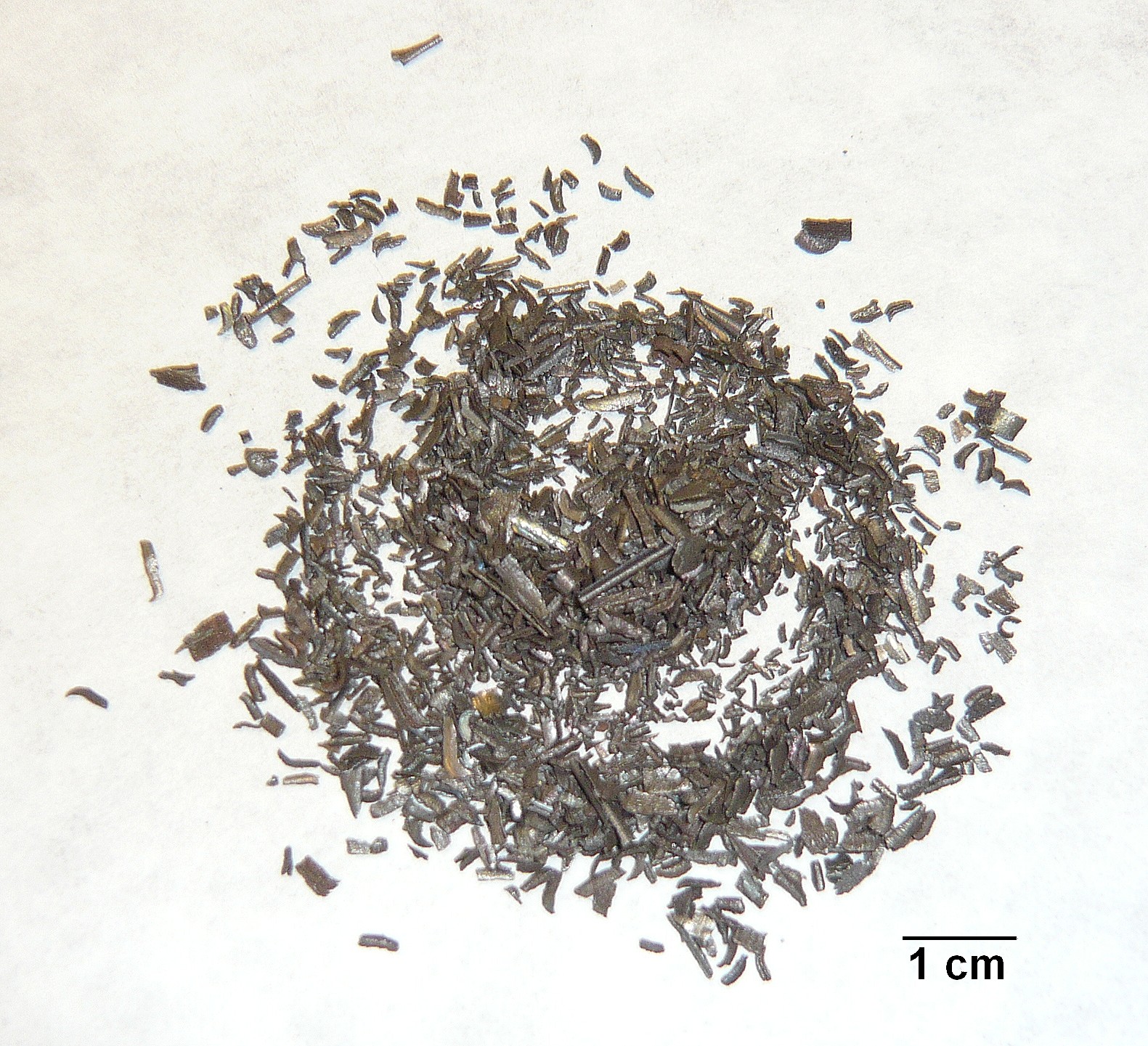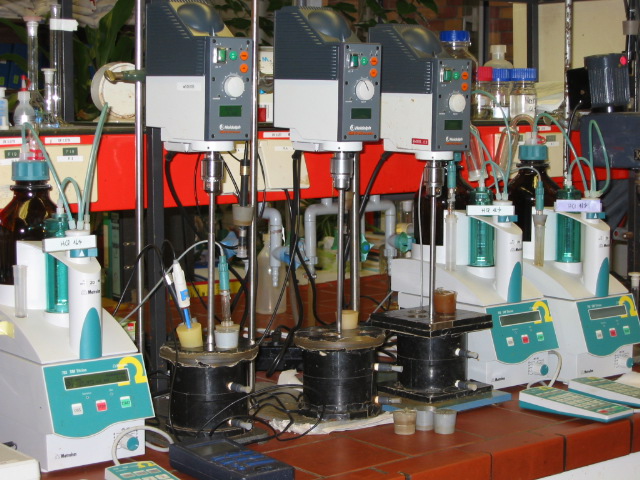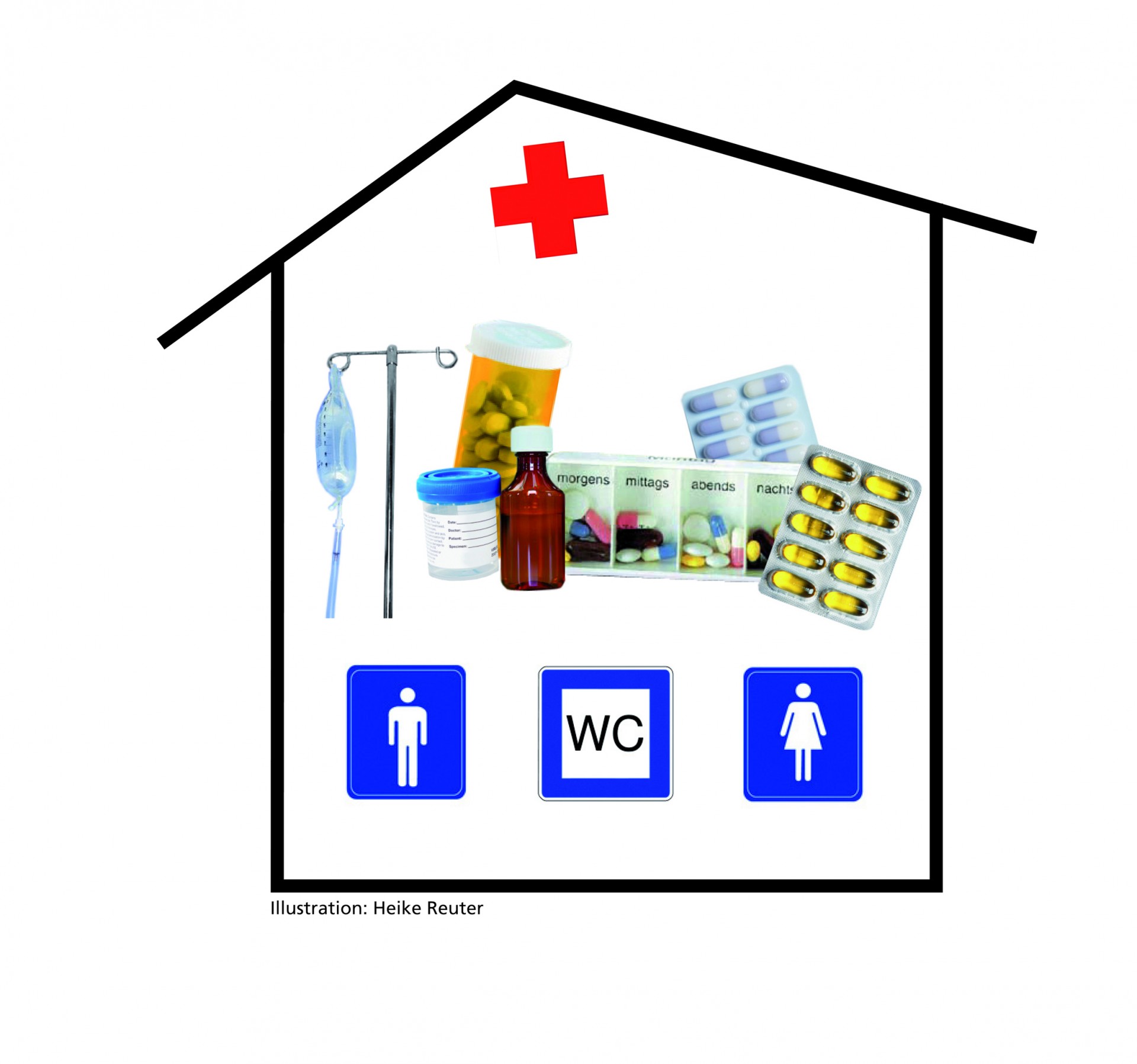There is a big concern about the occurrence of antibiotics, cytostatic drugs and iodinated X-ray contrast media (ICM) in the aquatic environment. Antibiotics may lead to the evolution of resistant micro organisms; cytostatic drugs are toxic to humans. Iodinated X-ray contrast media (ICM) are harmless, but the compounds are persistent. The emission of these compounds into the aquatic environment should be reduced as far as possible. Common waste water treatment techniques as well as advanced waste water treatment like ozonation and advanced oxidation are not very efficient for ICM and in case of other compounds unknown metabolites are formed.
The environmental burden of ICM, antibiotics and cytostatic drugs could be reduced if the emission is stopped at the source. The named drugs and ICM are excreted via urine and thus, the separation of hospital urine followed by a specific treatment could contribute to an emission reduction of the problematic compounds into the aquatic environment.
Pre-experiments show that the reductive deiodination of ICM by zero-valent iron is suitable for the treatment of contaminated urine and even antibiotics can be transformed by zero-valent iron. In this project the reaction of ICM and selected pharmaceuticals will be studied. The kinetics and the mechanisms have to be examined in detail, to be able to set up an optimized process in reality. The produced transformation products will be examined and the biodegradability of these compounds will be determined. All in all it is expected that a low-cost treatment process for hospital urine can be developed, with the potential to reduce the emission of problematic compounds used in medicine.
Block error: "Call to a member function intendedTemplate() on null" in block type: "references"





